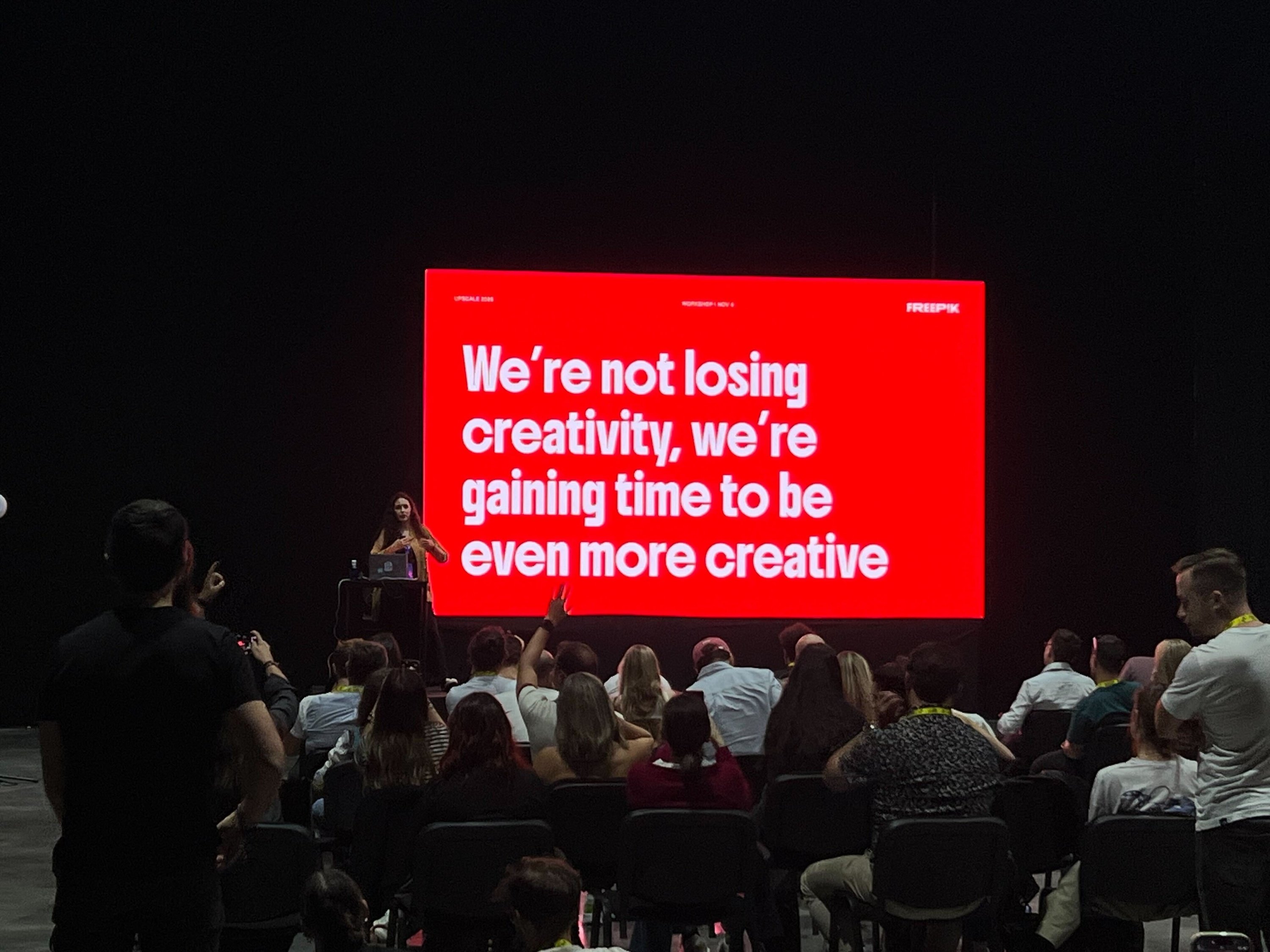Can the hunger for reviews condition direct sales?
Marketing 26/05/2021Are hotels really willing to sacrifice bookings to third parties just because they have reliable satisfaction measurement systems?
Online reputation represents a crucial aspect of marketing for businesses, especially hotels. User reviews increasingly influence brand notoriety, image, and perception. It's no surprise that influencers have gradually become part of the marketing strategies for many accommodations. This alliance is often seen as a double-edged sword, but when used correctly, it can be more useful than dangerous.
However, as Warren Buffet said, "It takes 20 years to build a reputation and only five minutes to ruin it." This statement applies to the online environment, where a simple management error or a bad day can cost a lot.
Reviews on various platforms serve as an additional filter in the final decision of other travelers. Among the different factors considered by travelers when choosing accommodation, besides price and location, reviews from other customers play a significant role. The weight of online reputation should not be underestimated as it can influence the decisions of many undecided users.
Given this, it's clear that online reputation needs attention and care as much as rates or distribution. But that is one thing, and quite another is to reach the point of sacrificing direct sales for the sake of cultivating real (not necessarily positive) reviews. Are hotels really willing to sacrifice bookings to third parties just because they have reliable satisfaction measurement systems?
The anecdote
We ask this question based on a real case we faced this week. Referring to the protagonists as "the client" and "the hotel," the situation unfolded like this: The client calls the hotel determined to book on the official website instead of using Booking.com, where a cheaper option was found. The goal is to get the hotel to match the price and, in the process, notify the hotel of the disparity so that both parties benefit. To their surprise, the reception department encourages them to proceed with their initial idea, i.e., to book through the OTA. The hotel ensures that, in the hypothetical case that the client decides to leave a review, it will be authentic because only those who have stayed at the establishment can leave reviews on Booking.com (unlike, for example, TripAdvisor).
On one hand, the hotel's position lacks much coherence. If their purpose was to ensure genuine reviews, they had everything in their favor because the client would eventually stay at the hotel in one way or another. Therefore, regardless of the platform chosen for a possible comment, it would always be based on their real experience. On the other hand, assuming that the client will leave a positive review after their stay just because they stayed there is a lot to assume. The vast majority of guests don't leave reviews, and when they do, it's often more to criticize than to praise. Finally, if I were the client, this mismanagement might have pushed me to change my choice, even to harm the hotel, without even knowing it. All wrong.
In our opinion, different factors hide behind the hotel's decision. Probably, one of them has to do with a lack of communication between teams. It seems obvious that the reception staff was aware of the importance of reviews and followed instructions, but it's also clear that these instructions were misunderstood and poorly executed.
It's also possible that the establishment did not have its own system to measure customer satisfaction and was forced to rely on third-party solutions to obtain valuable feedback, both for improvement and to guide potential future customers.
Whatever the reason, it's often questioned whether reviews on some platforms are genuine, and fraudulent activities in this regard raise concerns about potential tarnishing. Amazon is a current example, having recently delisted tens of thousands of products whose suppliers used a massive network of people to write fake reviews in exchange for enjoying the products for free. TripAdvisor is also often scrutinized for this reason and has publicly stated on several occasions the resources dedicated to ensuring the reliability of user reviews.
Online reputation is not just a window to our product; it is also a powerful control tool. Through guests' perception of the service, we can gain greater knowledge about the efficiency of daily work. This information allows us to conduct analyses to determine what we really are, what image we want to convey, and, finally, how our message is resonating. Always with the aim of facilitating the detection of weaknesses, correcting ineffective actions, and ultimately progressing.
There is a widespread fear of negative reviews, and in a sense, we can consider this fear rational. Presumably, a bad online reputation will negatively impact sales. Hence, many hoteliers tend to conceal these references, somehow contributing to the fraud mentioned earlier. However, various studies show that an increase in the number of interactions, positive or negative, is closely linked to an improvement in the average rating, and vice versa. It's not a coincidence that one of Oscar Wilde's legendary phrases, engraved for posterity, says that "there is only one thing in the world worse than being talked about, and that is not being talked about."
After all, despite the harshness of some criticism and the damage they can cause, both personally and professionally, it is essential to accept them and, above all, manage them. We have limited control over reviews, but that shouldn't worry us too much because all reviews matter:
- All reviews provide additional information for users, sometimes decisive, bringing us closer to the customer, their needs, and preferences.
- Negative experiences are more likely to be reviewed than positive ones, and the key is to manage them properly, turning them into strengths.
- There is a large volume of opinions on social networks and various platforms. All of them influence brand image, so we shouldn't neglect any channel, and it's advisable to invest in social listening.
- Some negative reviews may result from a specific incident or force majeure, and their impact does not have to prevail over time. Let's learn to discriminate between them and not make a mountain out of a molehill.
Conclusions
The boost of the direct channel has become a common goal for most hotel establishments. In a highly competitive and diverse market, where there are countless alternatives to access the same service, any distinctive advantage turns into gold, and differentiating oneself represents a significant challenge. But it is crucial to understand that "exchanging" a direct booking for a hypothetical review is a very risky gamble, where customer loyalty is at stake. Therefore, beyond subordinating this information to the use of solutions offered by OTAs and Metas, habitual sources of traveler consultation, it is important to have your own system to measure the level of satisfaction.
At Paraty Tech, we provide customers of our booking engine with 100% personalized satisfaction questionnaires, both in terms of content (questions, answers, formats, etc.) and in the aesthetic field. These questionnaires enable real-time access to evaluations and monthly satisfaction reports, providing an overview of guests' perceptions of the hotel's facilities and services. In addition, collaborations with our partners also allow monitoring their satisfaction while they are at the hotel, not just after check-out. After all, every hotelier's goal should be to make their customers feel special before, during, and after their stay, right?


















